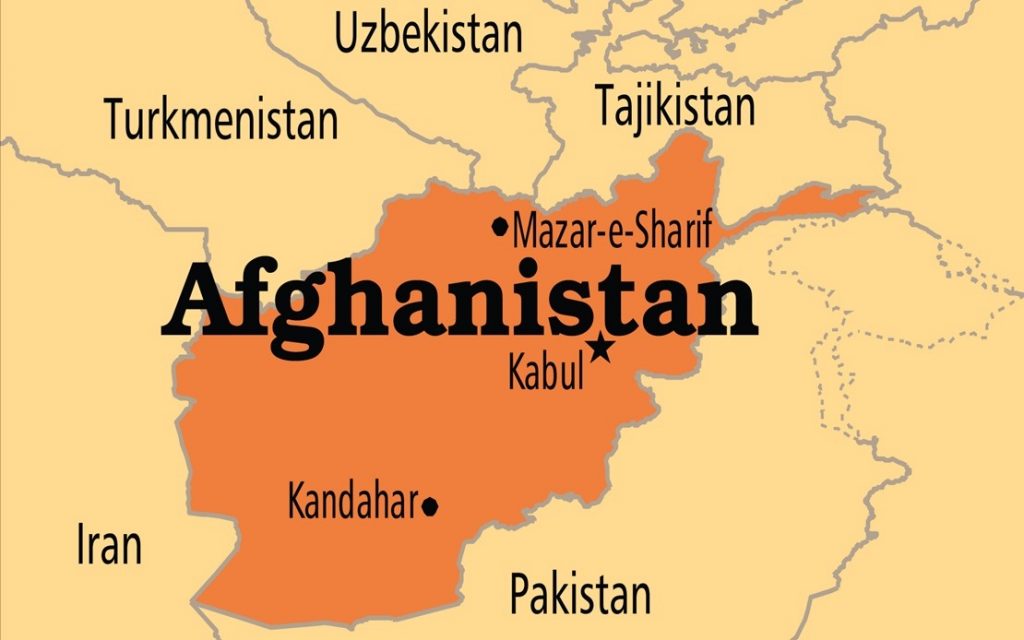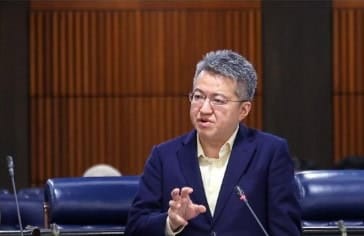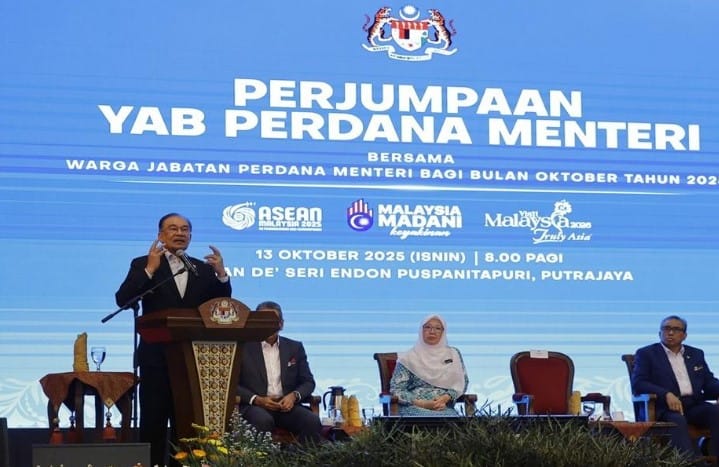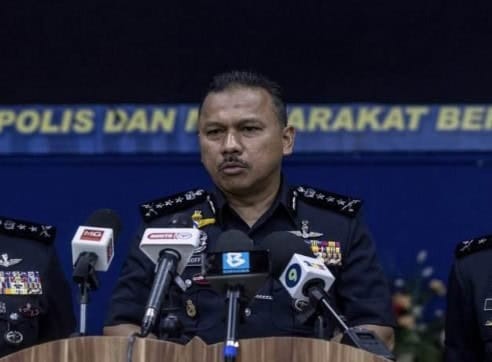
KUALA LUMPUR, Sept 25 — Malaysia needs to draw new approaches to the Taliban government in Kabul, said former Special Envoy to Afghanistan Datuk Seri Zainal Abidin Mahamad Zain.
“We need not be pessimistic. It’s a different scenario today, different situation, people (Afghans) have changed and more of them are educated now,” he told BERNAMA recently.
Zainal Abidin, 71, was the Special Envoy for the then Prime Minister Datuk Seri Najib Tun Razak. He held consultative meetings with the Contact Group of 50, an open-ended organization established by the US and European countries, from 2010 to 2014.
This contact group was non-military in nature. Malaysia has, in the past, contributed much to a war-ravaged nation, particularly under the Malaysia Technical Cooperation Programme (MTCP), such as providing scholarships to their young people pursuing tertiary and technical education at various institutions here.
“Our armed forces have also put forth their medical skills to screen the health status of a number of the population there, and our female officers treated female patients and delivered babies,” said Zainal Abidin, who was one of those foreign ministry officials that were involved in crisis helping Malaysians abroad.
“I was in Tehran two weeks before the Iranians took over the US embassy and stayed in Tehran throughout the 444 days,” recalled Zainal Abidin, who was also accredited to Afghanistan.

But when the date came to leave in order to present his papers to Foreign Minister of Afghanistan, the Soviet tanks rumbled into Kabul in late December 1979.
However, an opportunity offered itself when Zainal Abidin was appointed as Special Envoy of the Prime Minister, and in 2010 he traveled to Kabul to attend meetings of the contact group.
“Kabul is a city with people busy at work, walking everywhere. Nobody seems frightened. People like us, however, remained careful at places we go to.
“For example, avoiding busy streets. There were ladies of course, in their robes, walking on the sides. Basically, a normal pattern of living,” said Zainal Abidin, describing his first visit to Kabul.
This was the year that the US, with a new strategy, increased its presence by adding 30,000 troops by June that year, and with that, saw a surge of attacks on its forces. Also, the then Afghan President Hamid Karzai, who had won a new five-year term in an August 2009 election, was struggling to manage the nation.
Zainal Abidin said there is a need to develop policies that are mutually beneficial the way it had been done in the past with other countries – by working, in particular, with major powers. He pointed out, as examples, the oil exploration activities in Sudan where PETRONAS joint-ventured with China National Petroleum Corporation.
Therefore, Zainal Abidin added, there needs to be similar collaboration and cooperation with other countries to jointly venture in exploring the resources such as lithium and copper deposits, among others, in Afghanistan.
One interesting perspective mooted by the Chairman of the Movement for Monetary Justice, Prof. Datuk Dr. Ahamed Kameel Mydin Meera, is that “the situation in Afghanistan offers us an opportunity to establish a waqf-based economic system.”
Reports of an economic and financial crisis – coupled with humanitarian catastrophe – befalling the population only point out the unsustainability of the present system.
“The need, therefore, arises, to look beyond traditional financial institutions and economic models to seek a sustainable, equitable system that will benefit all sections of the population,” said Prof. Ahamed.
He added that an innovative Waqf economy model that is being practiced in South East Asia can be implemented in Afghanistan.
Prof Ahamed is in touch with his former students in Kabul. However, the chairman of PEMBELA, Aminuddin Yahaya, said it’s untimely for Malay and Islamic organizations to even plan on lending a hand there.
“We have to wait and see developments there, on whether the Taliban have changed the way they govern its citizenry,” said Aminuddin. PEMBELA is a coalition of Islamic organizations, providing check and balance initiatives since 2006.
Prof Ahamed added that even though Malaysia is yet to recognize the new government, preparations must be made now “so that we can be well prepared to assist another developing country like Afghanistan.
“Malaysians with initiatives to explore opportunities in Afghanistan should be encouraged to leave for Kabul,” said Prof Ahamed further.





More Stories
Nation Recovers RM15.5 Billion Of Its Revenue, War Against Corruption And Cartels To Go On – Anwar
Budget 2026 Reflects Govt’s Commitment To Integrity, Curbing Leakages – Azam
Dewan Negara Passes Five Bills Including Legal Aid And Public Defence 2025